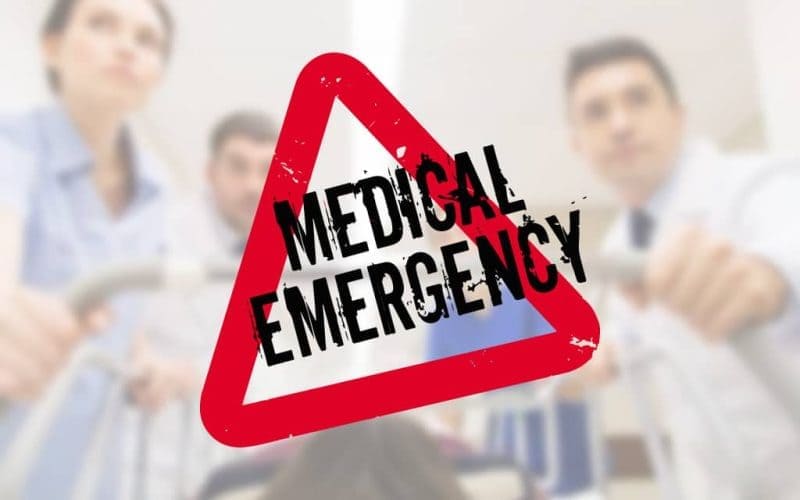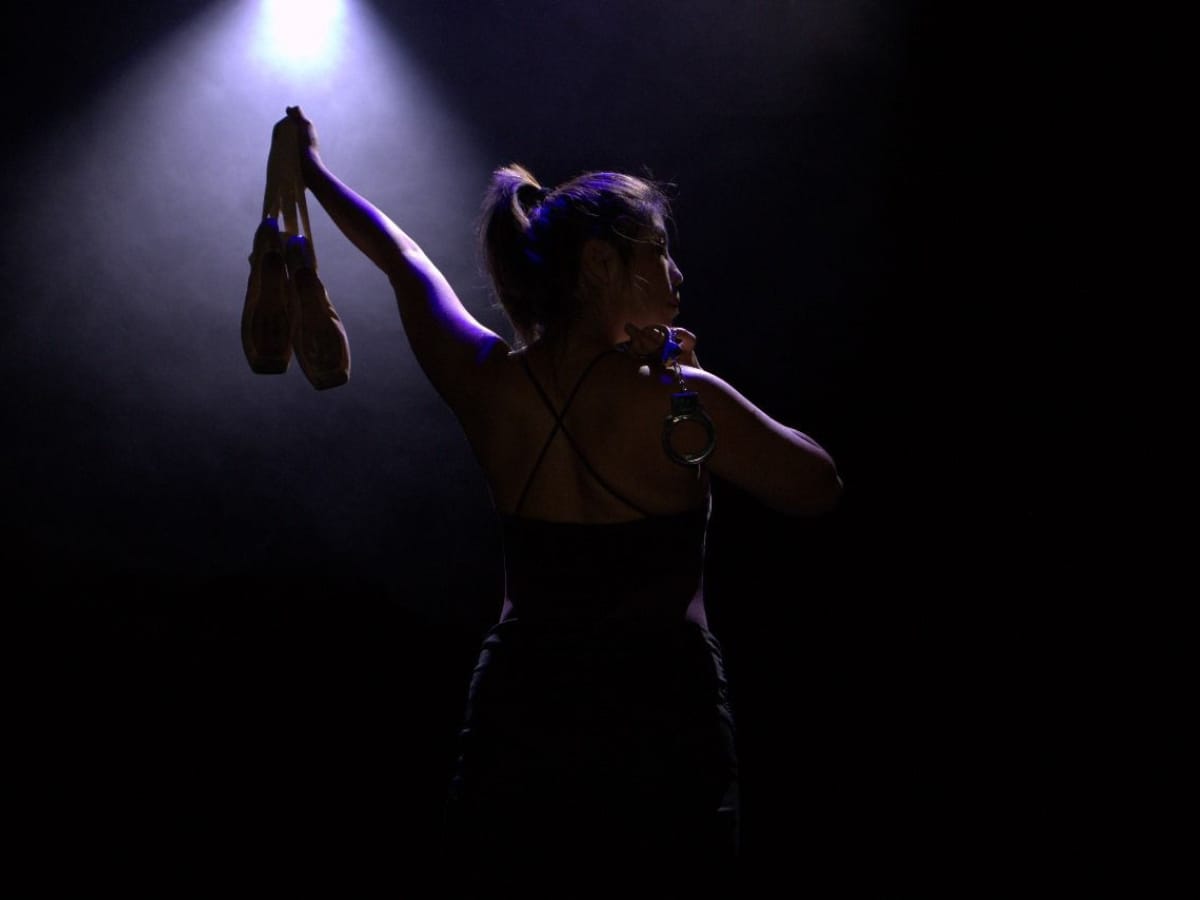QCOSTARICA — Ten initiatives (legislative proposals) classified as urgent by the leaders of the various political factions in the Legislative Assembly and authorities of the supreme powers related to citizen security are being fast-tracked.
The procedure in which the discussion will take place, whether it will dispense with any legislative procedure, has not yet been defined.
“However, the good thing is that the priorities of each of the leaderships have already been established,” said Rodrigo Arias, president of Costa Rica’s Legislative Assembly or Congress
– Advertisement –
The most urgent is an initiative that would expand the margin for judges to order preventive detention for suspects of serious crimes, such as homicides, money laundering, drug trafficking, or sexual abuse against minors.
Read more; “Tough on crime” will be the new order in Costa Rica
For her part, Natalia Díaz, Minister of the Presidency, assured that the way was paved and ten proposed bills were selected by the Executive Branch, three of them still need to be presented, which are expected to be presented to the legislative stream this week, and that the faction leaders must decide the route to ensure their most agile progress.
The ten priority security projects are:
- Expansion of the crimes in which the Judiciary can carry out wiretapping during investigations, as well as the establishment of a deadline for judges to resolve requests for intervention.
- Prohibition of naturalization for foreigners convicted of intentional crimes with a prison sentence of more than three years in the last ten years, both in Costa Rica and abroad.
- A bill on emerging capital that would allow the State to dispose of assets that people cannot justify while awaiting a ruling.
- Increase in penalties for those who engage in loansharking (“gota a gota” loans in Spanish).
- Penalties of up to 15 years would be imposed if the crime is committed by persons tied to organized crime gangs.
- A reform to limit the granting of parole with electronic anklets.
- Toughening penalties for possession and use of illegal weapons.
- An initiative to increase penalties for adults who use minors in criminal activities.
- Extension to ten years or more of the period during which convictions must be recorded in the judicial record, starting from the moment the sentence is served. This project is ready to be voted on in the second (and final) debate.
- A reform to expand judicial processes against minors.
Drug traffickers, murderers and rapists will have to serve more than half of the sentence to access parole
Already into law, with the signature of President Rodrigo Chaves on Wednesday, those convicted of serious crimes will have to serve at least two-thirds of the sentence imposed to qualify for parole.

The new law also establishes that parole is only available to first-time offenders since it will not be granted to those who have more than one conviction.
– Advertisement –
“This type of regulation comes to put an end to pandering and represents a step in Costa Rica’s fight against crime,” said Chaves, who commented during the signing of the law, “What’s next, air conditioning and masseuses?” after learning of a ruling from Sala Constitucional (Constitutional Court), in which the State is ordered to enable computing centers in prisons so that those deprived of liberty can follow their criminal cases.
Instead of promoting a soft hand against crime, Costa Rica must move forward with more severe laws and get “the poor thing” reference to prisoners out of mind to punish criminals, according to the president
– Advertisement –
Source link
Rico



